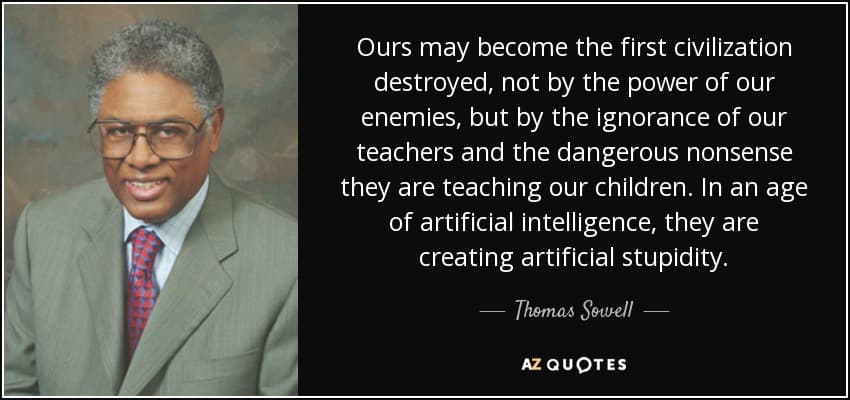Economist Thomas Sowell's Enduring Influence on Public Discourse

Renowned American economist and social theorist Thomas Sowell, a prominent voice in conservative thought, continues to shape discussions on economics, race, and social policy. A tweet from the "Thomas Sowell Quotes" account on August 28, 2025, highlights his ongoing presence in public discourse, though the specific quote featured in that tweet was not immediately retrievable. Sowell's extensive body of work, spanning over 40 books and countless syndicated columns, underscores his significant intellectual legacy.
Born in 1930 in Gastonia, North Carolina, Sowell overcame a challenging upbringing marked by poverty, moving to Harlem as a child. His early academic journey saw him drop out of high school before serving in the Marine Corps. He later earned degrees from Harvard, Columbia, and a Ph.D. in economics from the University of Chicago, where he studied under Nobel laureates George Stigler and Milton Friedman.
Sowell's intellectual trajectory shifted from early Marxism to a staunch advocacy of free-market principles, influenced by his research on minimum wage laws in Puerto Rico in the 1960s. This experience led him to question government intervention and bureaucracy, a theme that permeates much of his later work. He became a senior fellow at the Hoover Institution at Stanford University in 1977, a position he has held since.
His writings frequently challenge conventional wisdom, particularly on issues of race and inequality. Sowell argues that disparities between groups are not solely attributable to discrimination but can also stem from cultural patterns and human capital differences. He emphasizes empirical evidence over theoretical assumptions, advocating for policies that promote individual liberty and economic freedom.
Sowell's influential books include "Basic Economics," "A Conflict of Visions," "Race and Culture," and "Discrimination and Disparities." He has been recognized with numerous accolades, including the National Humanities Medal in 2002. His ability to distill complex economic and social theories into accessible language has made him a unique public intellectual, reaching a broad audience beyond academia.